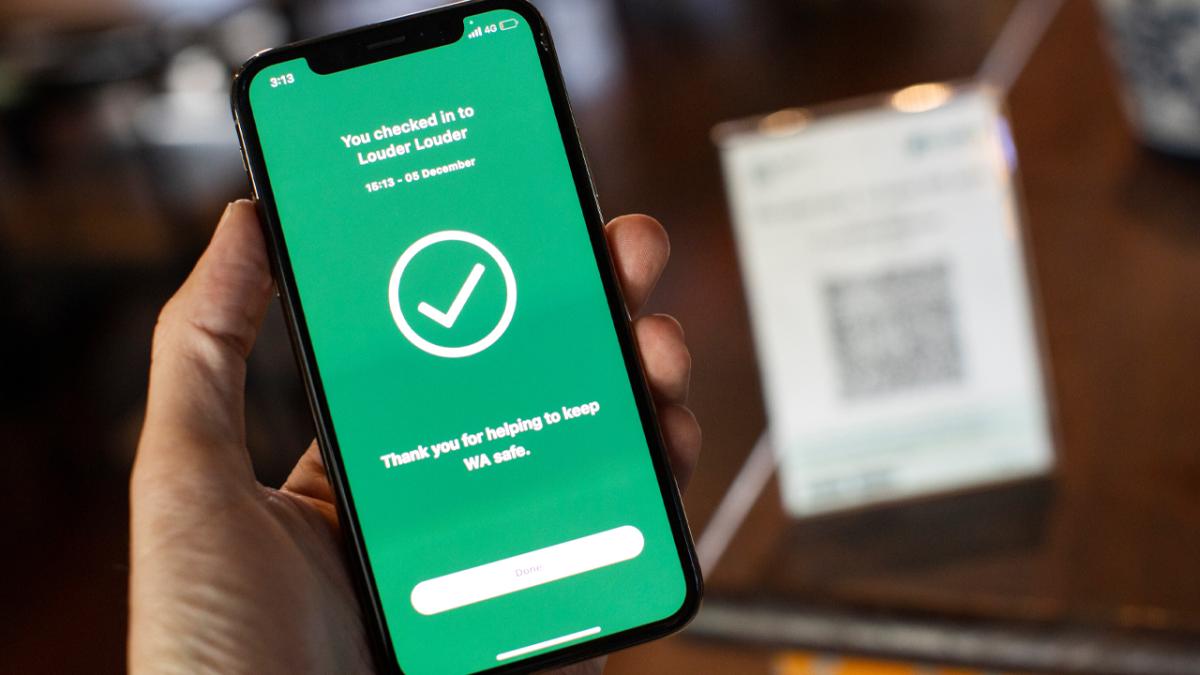
It turns out police have accessed information from QR code check-in apps, The Age and the Sydney Morning Herald report, which is totally not what they were intended for.
Here’s what we know: Back in June, Queensland Police accessed data from the Check In Qld app to solve the case of a missing police firearm and taser. Meanwhile, WA Police accessed data from the SafeWA app to investigate two serious crimes, including the murder of a bikie.
Victoria Police also tried unsuccessfully to access check-in data from the Service Victoria app at least three times.
The only states or territories where the use of check-in data by police has specifically been ruled out are South Australia and the Northern Territory.
During a serious Delta outbreak where contact tracing is more essential than ever, it’s important for the public to have trust in these kinds of apps.
Knowing that police have been accessing our data from some of these apps – which we were told was supposed to be used by contact tracers – is a serious breach of public trust.
It’s also worth considering cases where people breach lockdown restrictions. If people’s check-in history can be used against them, it might deter people from using the apps when they’re technically a bit too far from home.
This would just make things even harder to fix when someone does end up spreading the virus to a new area.
To that end, a whole bunch of federal politicians from both sides of politics have slammed these oversights or loopholes regarding the states’ various check-in apps.
Liberal MP Tim Smith called it a “fundamental breach of trust” while Liberal Senator James Paterson (who is the chair of federal Parliament’s intelligence and security committee) said it makes the apps “entirely self-defeating” because people wouldn’t want to use them.
The Office of the Australian Information Commissioner (which is Australia’s national data protection authority) also slammed the current situation and called for consistent standards across the states for accessing or protecting data on these apps.
“Allowing personal information to be used for other purposes may undermine an effective and efficient contact-tracing system, for example, by discouraging individuals from giving accurate information,” a spokesperson for the OAIC told the newspapers in a statement.







